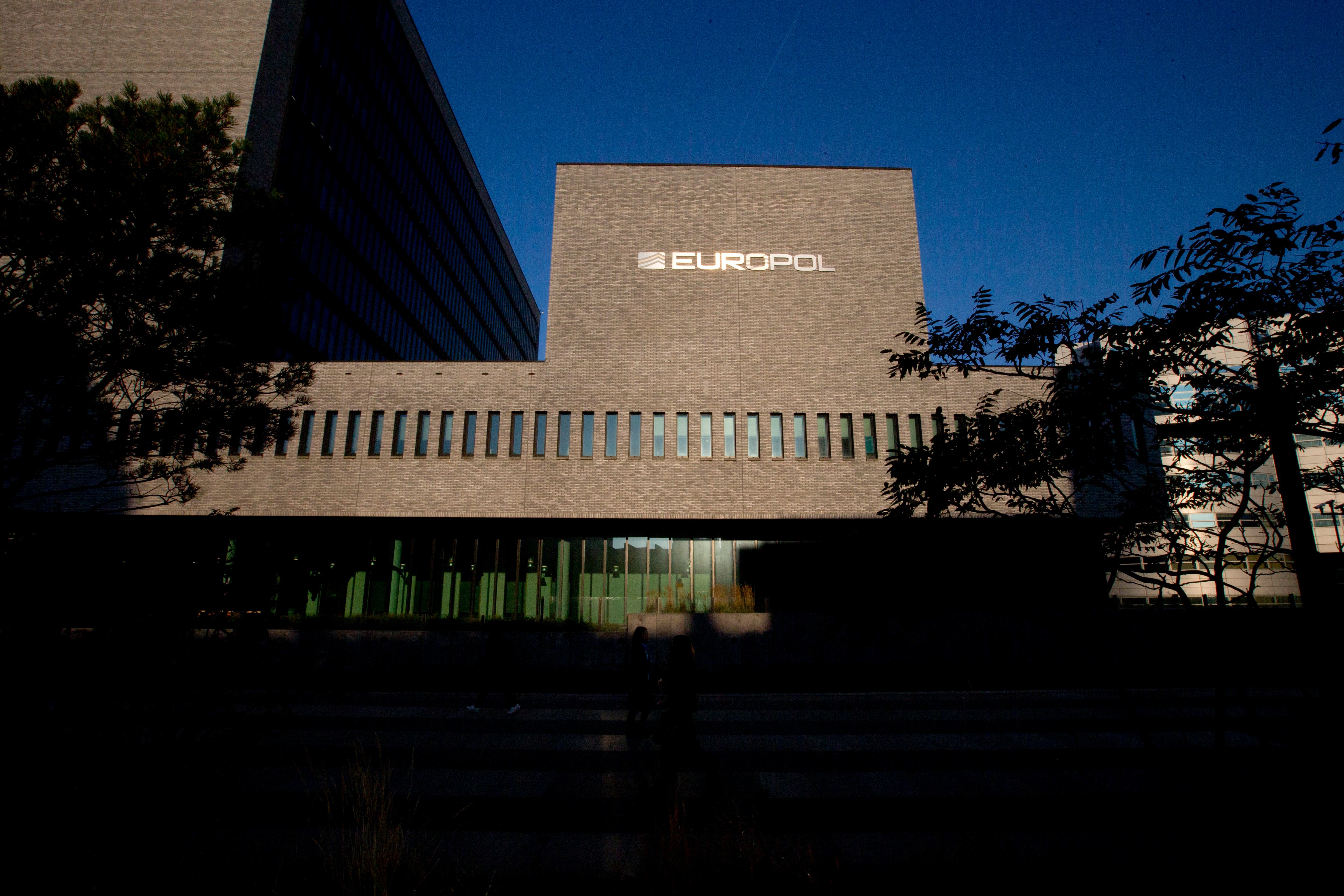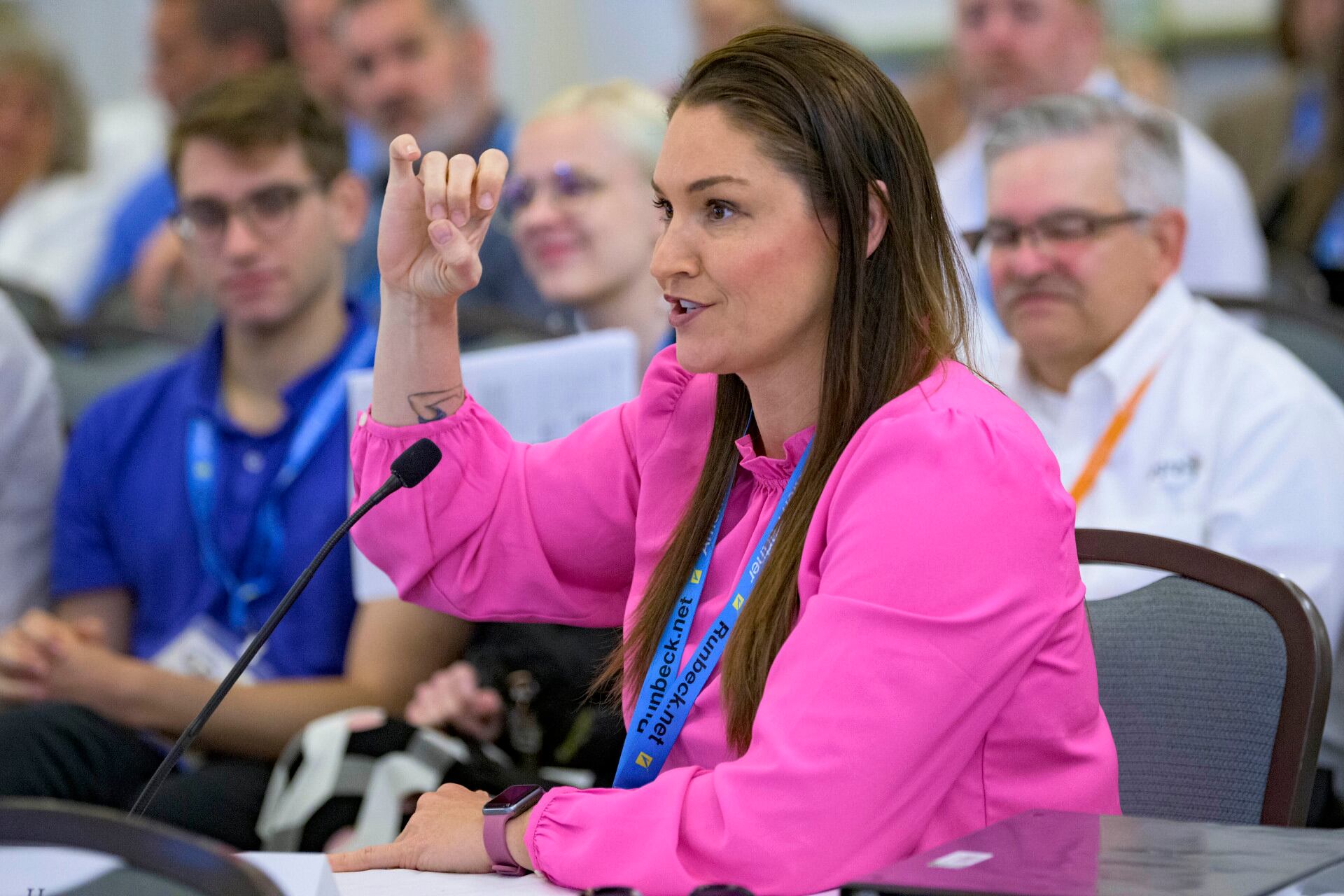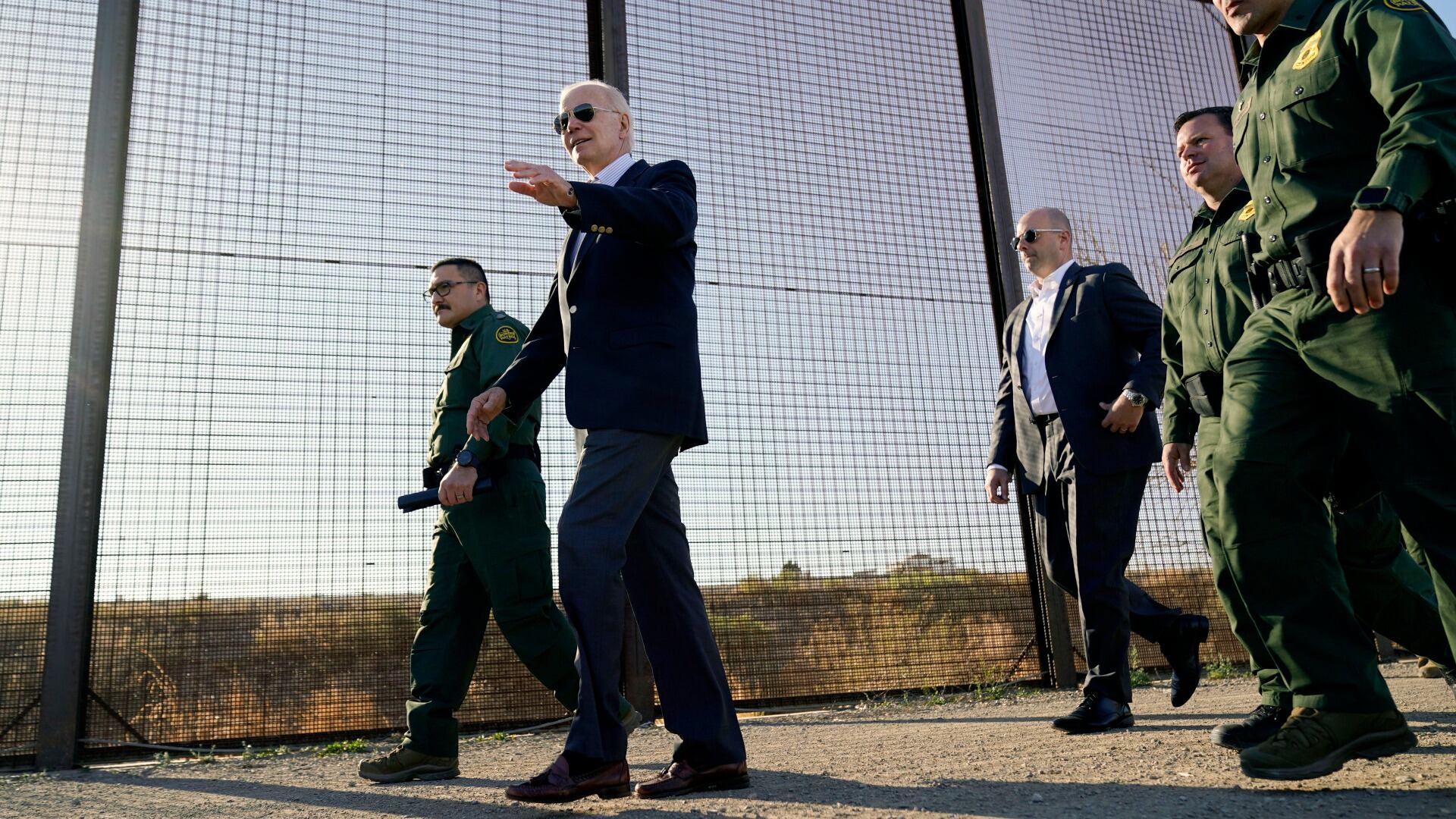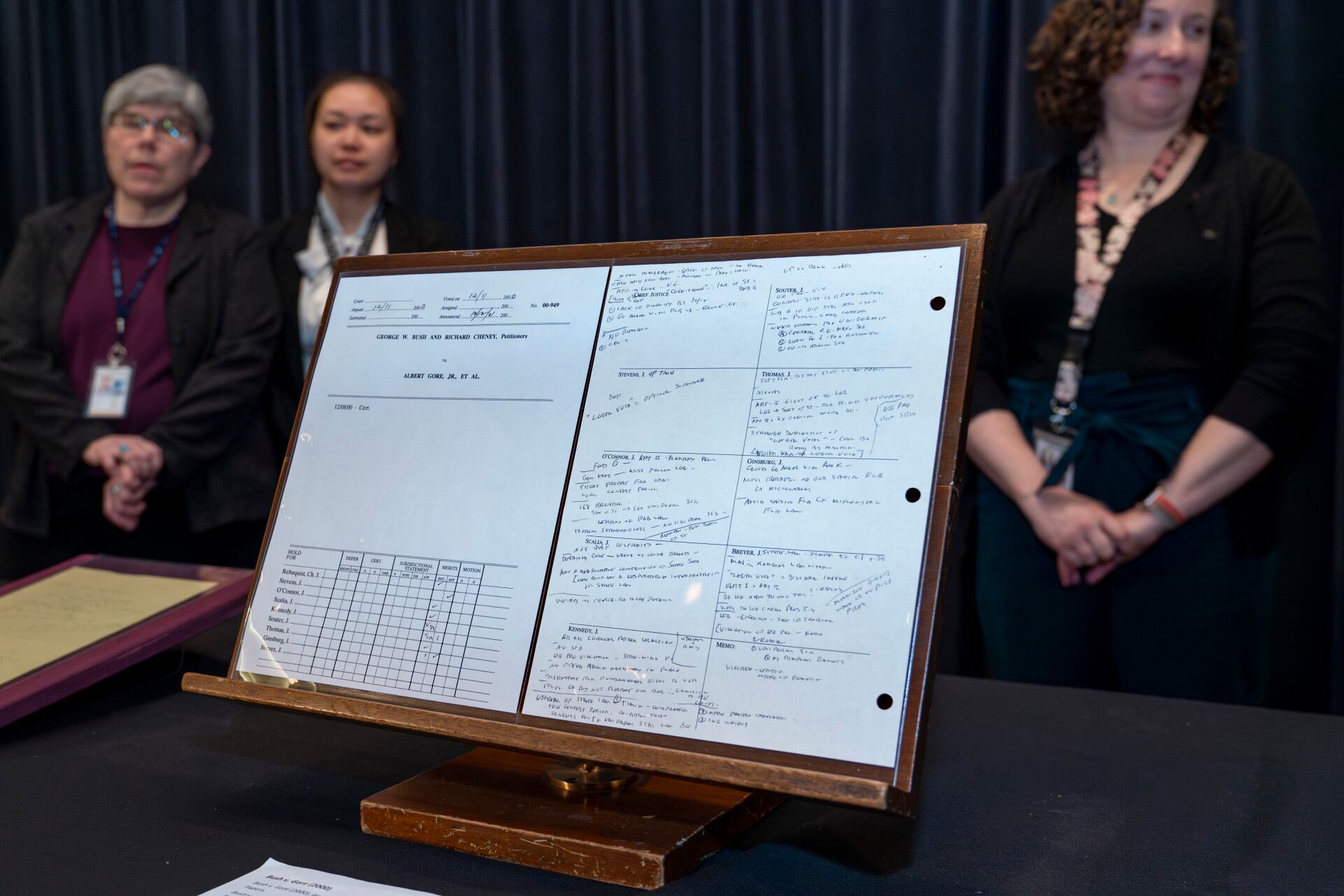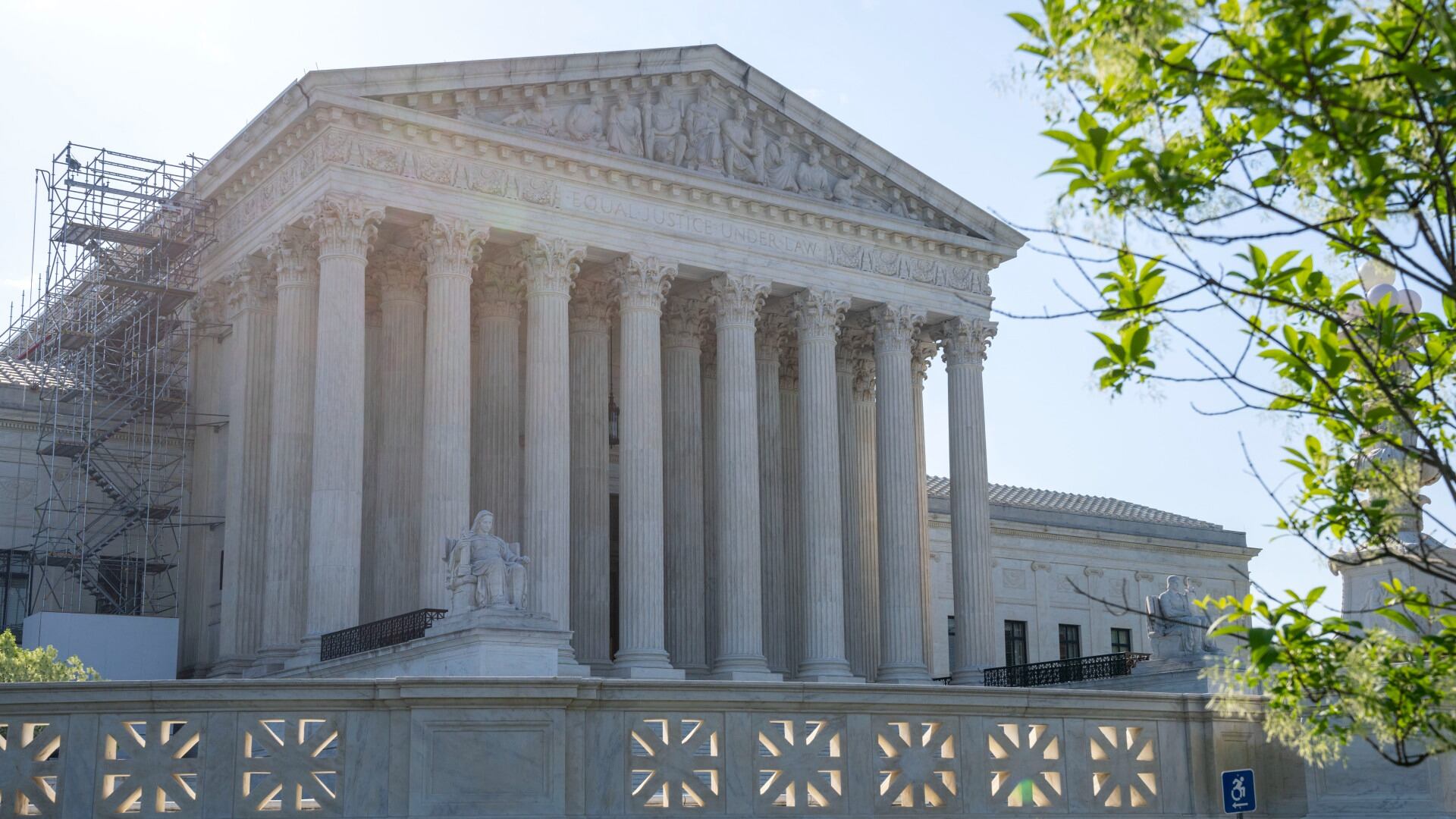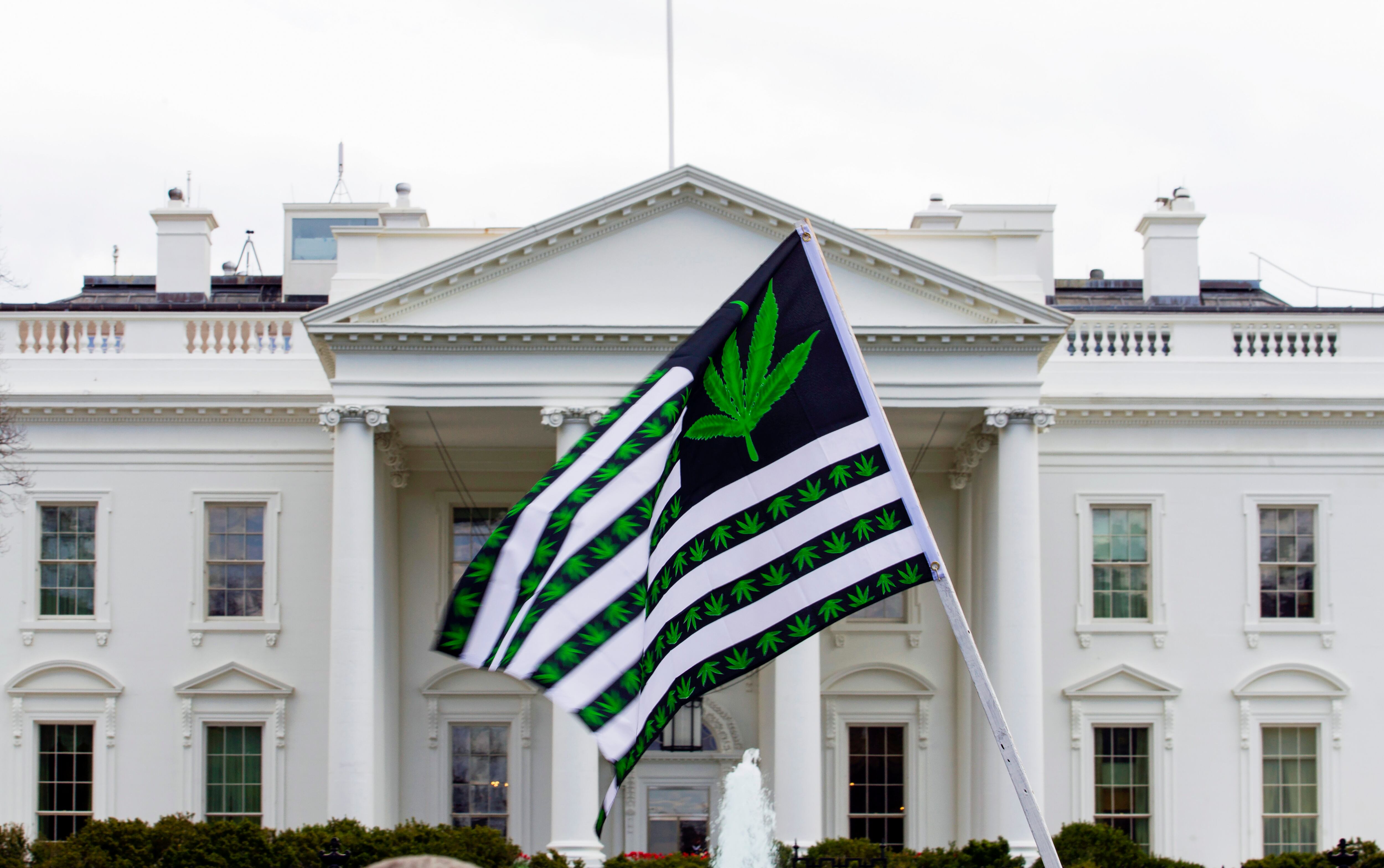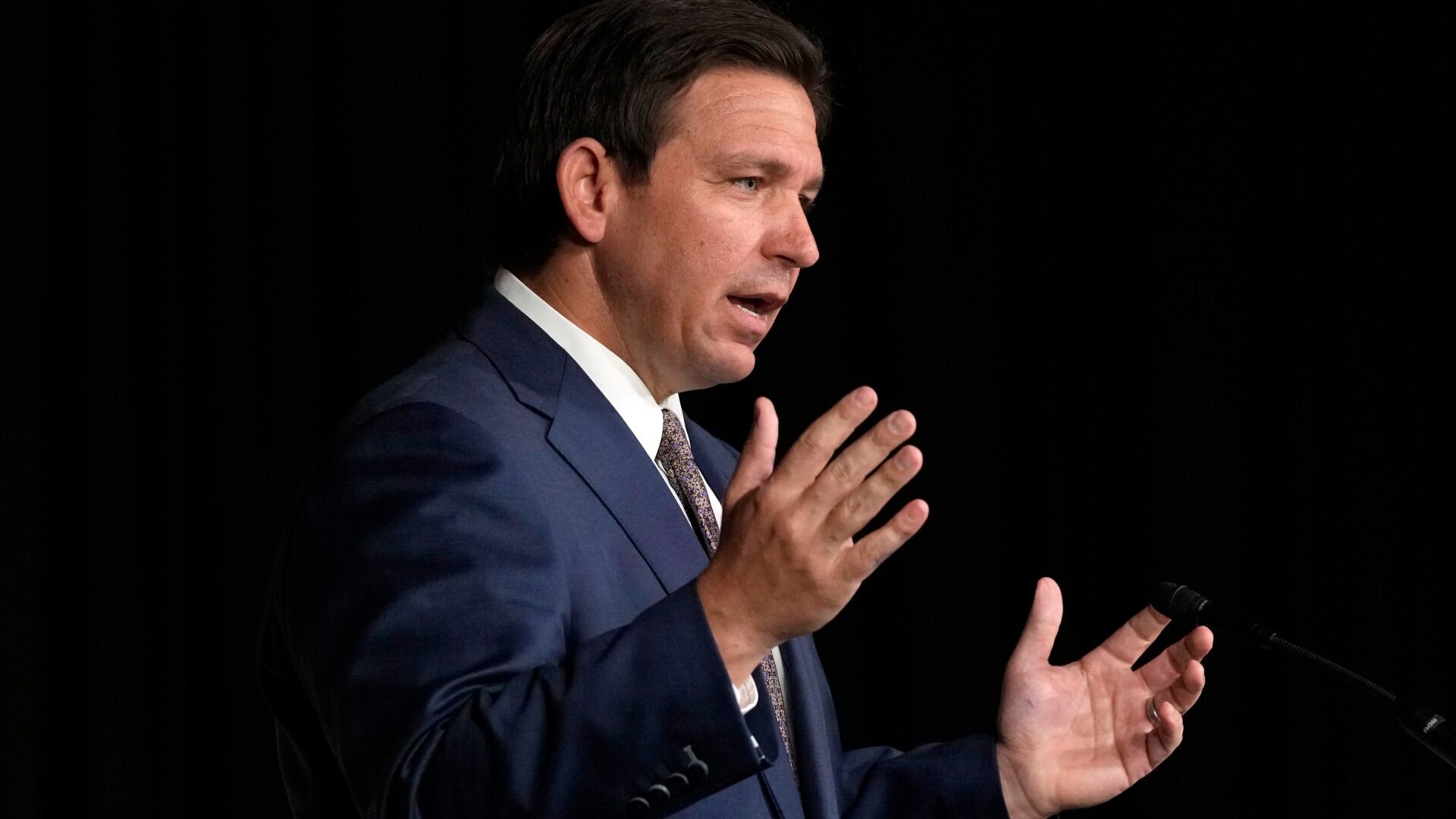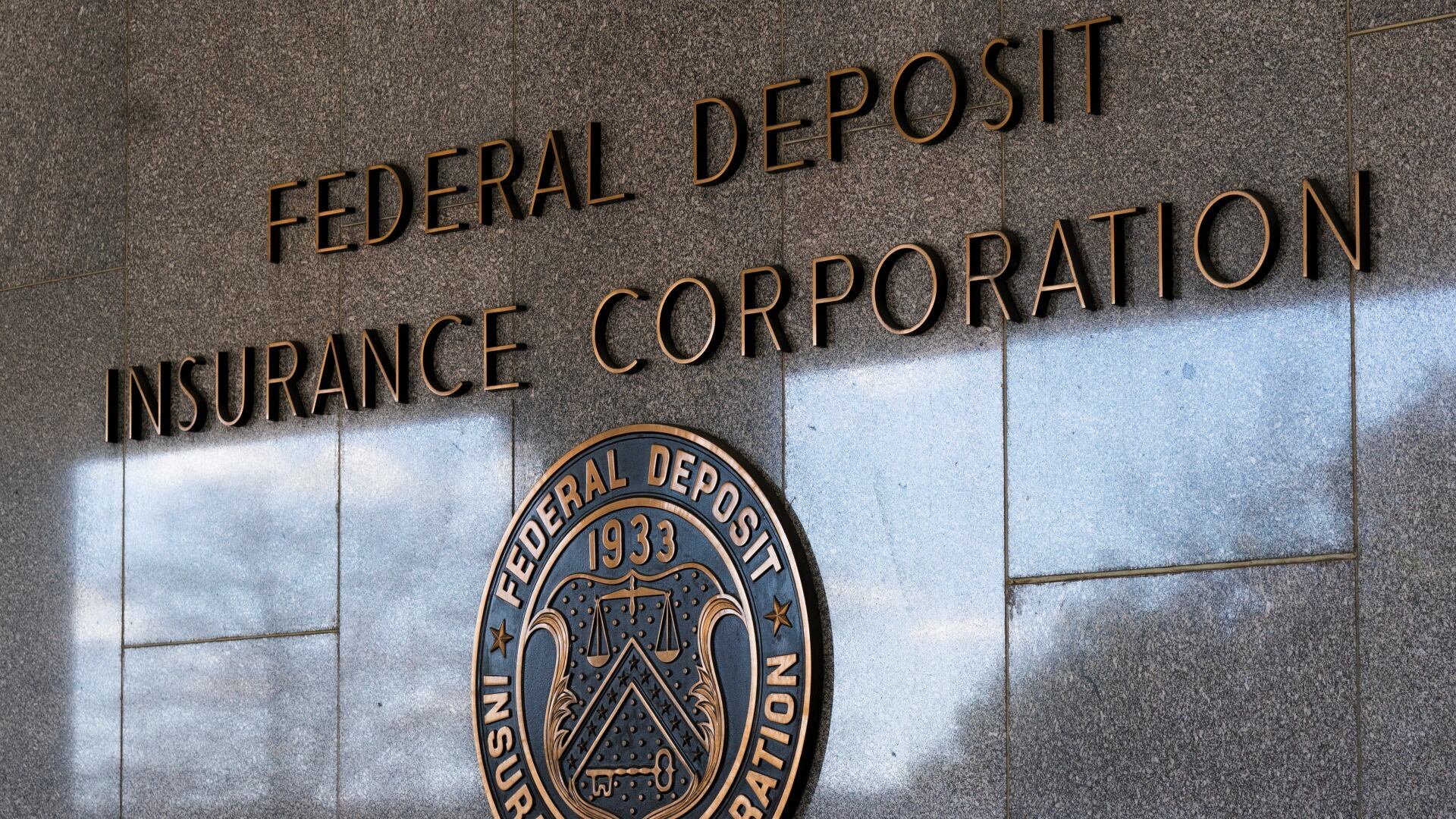President Trump reportedly ordered the firing of Robert Mueller over the summer but reversed course after the White House special counsel threatened to resign. That's according to a recent report in the New York Times. Fordham University Law Professor Jed Shugerman explains the potential legal ramifications of these revelations.
"This now becomes part of a longer timeline for Mueller," said Shugerman. "The statue that covers obstruction of justice depends upon proving that there was a corrupt intent. So the more events that show a corrupt intent the stronger the case would be."
Former White House Communication Director Anthony Scaramucci took to Twitter, tweeting "...@POTUS should be able to have a private conversation with WH Counsel without the content being leaked." Shugerman says presidents can have private conversations, but they cannot conspire to commit felonies.
Authorities in the U.S. and Europe arrested nearly 300 people, confiscated over $53 million, and seized a dark web marketplace as part of an international crackdown on drug trafficking that officials say was the largest operation of its kind.
Oregon Secretary of State Shemia Fagan has stepped down shortly after apologizing for accepting a payment of $10,000 per month from a consultancy firm for a marijuana company.
U.S. and Mexican officials have agreed on new immigration policies meant to deter illegal border crossings.
Newly opened records that belonged to Supreme Court Justice John Paul Stevens give the public a behind-the-scenes glimpse at his decades on the court, including the tense struggle over the 2000 presidential election and major cases on affirmative action and abortion.
Senate Democrats promised Tuesday to pursue stronger ethics rules for the Supreme Court in the wake of reports that Justice Clarence Thomas participated in luxury vacations and a real estate deal with a top GOP donor. Republicans made clear they strongly oppose the effort.
The Biden administration will send 1,500 troops to the U.S.-Mexico border amid an expected migrant surge following the end of coronavirus pandemic-era restrictions.
Major Changes to Drug Policies for Federal Job Applicants
The board of supervisors picked by Ron DeSantis voted to countersue Disney after the company filed a lawsuit against the Florida governor, alleging political retaliation.
The Federal Deposit Insurance Corp. is recommending the U.S. rethink its decades-old policy of insuring only as much as $250,000 in bank deposits.
A Missouri judge has blocked a unique rule that would restrict access to gender-affirming health care to children and adults.
